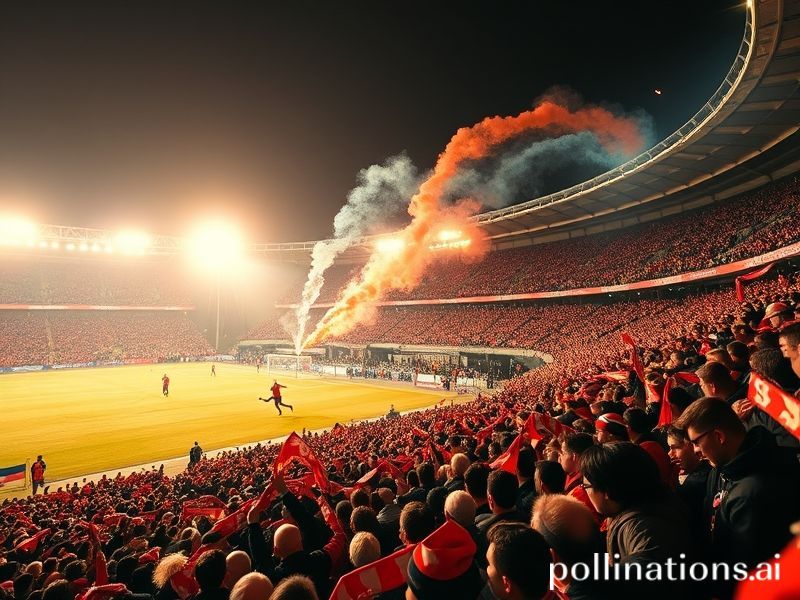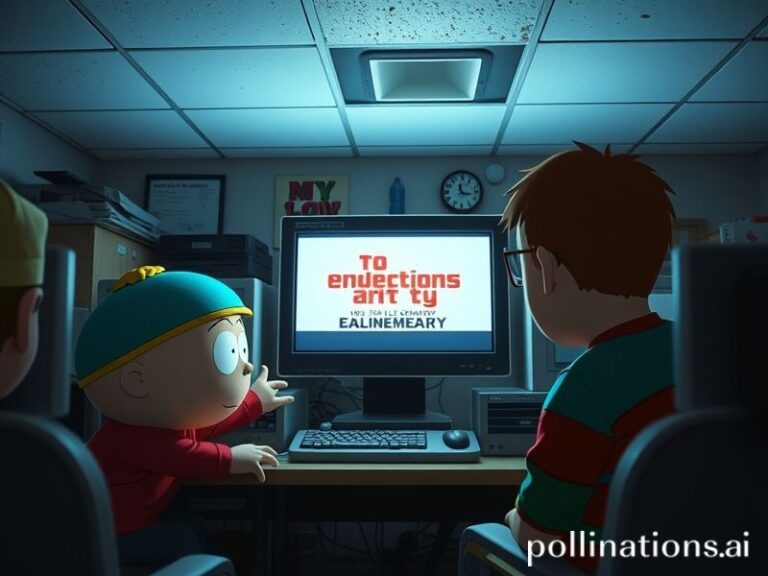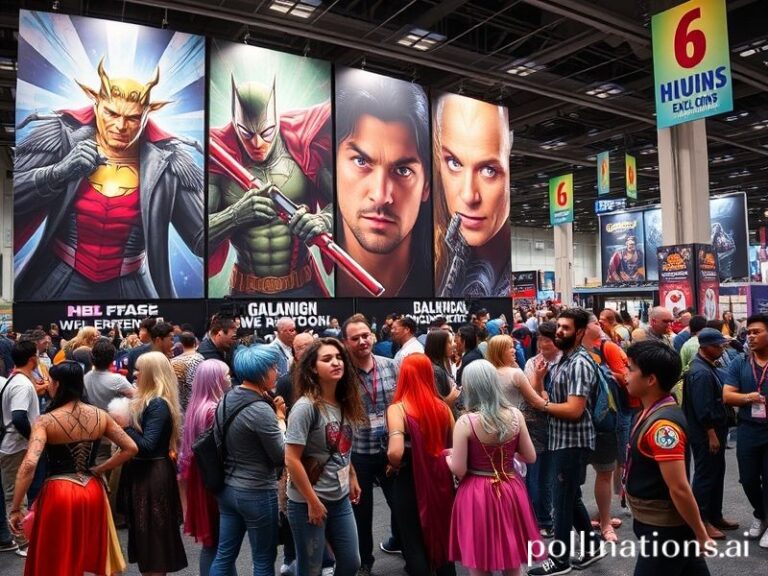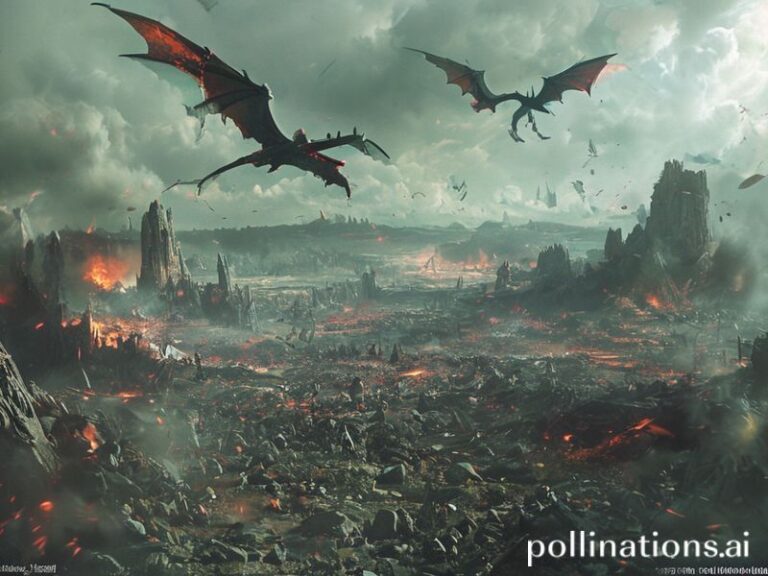Swabian Engineers vs Hamburg Anarchists: How Stuttgart vs St. Pauli Explains the World
The Bundesliga has many derbies, but few carry the geopolitical baggage of VfB Stuttgart versus FC St. Pauli. On paper it’s merely 18th-placed Stuttgart trying to clamber over 17th-placed St. Pauli in the relegation playoff spot, a desperate scramble to stay among the Teutonic elite. In practice it is a proxy war between Swabian industrial rectitude and Hamburg’s self-styled anarcho-punk cabaret, fought out on a rectangle of grass while the planet smolders politely in the background.
Stuttgart, city of Mercedes and Bosch, produced its team the same way it produced spark plugs: efficiently, with patents pending. VfB’s crest still looks like an official stamp you’d get on export documents for brake discs. Their fans queue in orderly fashion even when rioting. St. Pauli, meanwhile, is based in the Reeperbahn, a district that treats Sunday morning as a dare. Their supporters once elected a dead squirrel as club president; the squirrel’s manifesto included universal antifascism and cheaper beer, both of which remain unrealised but eternally aspirational.
Consequently, Saturday’s showdown at the MHP Arena (naming rights sold, naturally, to a management consultancy) is being streamed in 192 countries, mostly on pirate sites whose pop-ups offer either cryptocurrency scams or Russian brides, sometimes simultaneously. From Lagos to Lima, viewers will watch the same 90 minutes and extract wildly different moral lessons. A Singaporean banker will see proof that Teutonic discipline can still grind out three points. A barista in Portland will insist the match validates mutual-aid leftist ultras. Both will miss the irony that the broadcast is powered by Qatari natural gas.
The financial stakes are equally absurd. Staying in the Bundesliga is worth approximately €30 million in TV money—enough to buy two mediocre wingers or half a medium-sized missile system, depending on which continent you’re ordering from. Relegation, conversely, drops you into the 2. Bundesliga, a league so ruthlessly balanced that last season’s champion and last season’s 16th place were separated by fewer points than Taylor Swift’s carbon emissions.
Global supply-chain disruptions have even infiltrated the rivalry. Stuttgart’s new American striker—imported from the MLS like an overpriced pumpkin spice latte—waited three weeks for his work visa because the German consulate in Atlanta ran out of sticker paper, a shortage blamed on post-Red Sea shipping delays. St. Pauli’s Japanese defender arrived on schedule, then immediately caught the flu that’s been ricocheting around northern Europe like an unpaid invoice. Both clubs have quietly hedged against relegation by selling percentages of future transfer fees to Cayman Islands shell companies whose beneficial owners are, according to official paperwork, “some guys.”
All of which would be grimly hilarious even without the looming presence of the 2025 Club World Cup—FIFA’s latest attempt to monetise oxygen—where the Bundesliga’s final European slot could hinge on goal difference between a team of earnest Swabian engineers and a squad whose ultras recently unfurled a banner reading “Your Property Is Our Entertainment.” The universe, it turns out, is not without a sense of slapstick.
When the final whistle blows, one set of fans will celebrate survival by singing 1980s protest songs ironically, the other by posting LinkedIn updates about resilience. Either way, the planet will continue rotating toward its next catastrophe, pausing only to check the score on a cracked phone screen. Because if the modern world has taught us anything, it’s that we are all simultaneously the super-rich and the relegated, clinging to whichever narrative lets us sleep through the night.
In that sense, Stuttgart versus St. Pauli isn’t a football match. It’s a group therapy session with added chanting. And the global audience keeps growing, because misery loves company, but it absolutely adores league tables.







